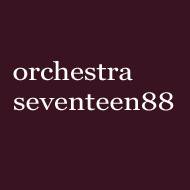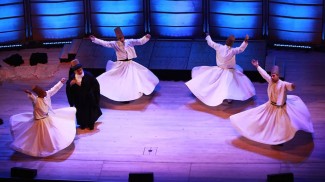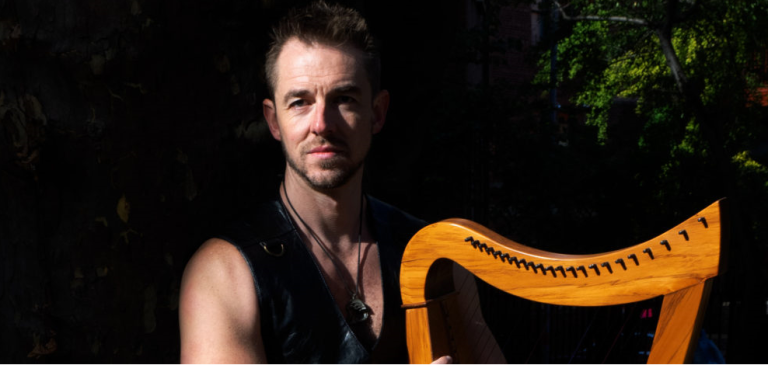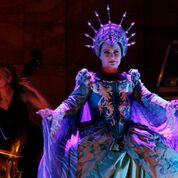Concert Review: Classical Pioneers/ orchestra seventeen88

orchestra seventeen88
The Chapel of Santa Sabina College, Strathfield
9 August 2014
The launch of a new orchestra is always a risky business. Three years ago the Orchestra Romantique was formed for historically informed performances of music of the Romantic period but it gave only a few performances before its disappearance at the end of 2012.
Now we have orchestra seventeen88 which intends presenting music ranging from the late Rococo to the Romantic era on instruments of the period. Their inaugural appearance was late last year in which all the musicians donated their services freely to help establish the new orchestra. For their second appearance they played in the attractively situated Santa Sabina College at Strathfield where the newly appointed Artistic Director is the redoubtable Karen Carey (the ‘Mrs Carey’ of the award-winning film). The concert was given in the college chapel which has a warm, full acoustic.
The main concert was preceded by some chamber music which unfortunately did not foreshadow the high standard of the performances which followed. The work was a septet by Peter von Winter for string quartet, clarinet and two horns written in 1800. This proved to be an episodic work which did not cohere well in performance. However it did demonstrate the virtues of performing on period instruments since the softer, somewhat muffled sound of the well-tamed natural horns was better balanced with the string quartet than modern horns would have been.
Before the main concert the orchestra’s charismatic Musical Director Richard Gill gave a talk on the orchestra’s objectives and the music being presented in the concert. He spoke passionately of the advantages of performing music on instruments of the period and outlined the historical context of the works of the Mannheim school. He also outlined the orchestra’s important schools education programme. His talk was followed by an extended interval for afternoon tea, which was served on the lawns of the college under a brilliant blue Sydney winter sky.
The main part of the concert provided a chronological survey of music of the classical period, from its early Sturm und Drang origins at Mannheim through to early works by Haydn and Mozart. It started with a string sinfonia by Franz Xavier Richter, a work which still wandered in the minor byways of the early classical period. It was followed by the delightful Bb clarinet concerto by Johann Stamitz. This was a substantially finer work that those which preceded it. It was well performed and one of the highlights of the concert. The soloist, Nicole van Bruggen, played with a clear, bright tone. In the slow movement she showed a fine control of sensitive, cantabile phrasing and she impressively negotiated the burbling gymnastics in the fast movements.
This was followed by Mozart’s youthful Divertimento K 113 which received a stylish and confident performance. After a brief pause in this long programme the concert continued with Haydn’s G major violin concerto. This was another concert highlight in which Rachael Beesley doubled as both the soloist and director. She played with an attractive, mellow tone and her stylish phrasing brought out the elegance and poise of one of Haydn’s finest works.
The final work on the programme was Mozart’s Serenata Notturna in which the four soloists were well coordinated and led a distinctly jovial interpretation. In the final movement, this light-hearted approach was extended to allow each of the soloists to insert playful cadenzas, concluding the concert in a jocular mood.
This final work provided a wider expressive range than the preceding works on the programme and prompted a comparison with Sydney’s long-established period instrument ensemble, the Australian Brandenburg Orchestra. The Brandenburgs are a superb, finely-honed professional and energetic ensemble that has created an image which successfully appeals to their patrons. At this stage the orchestra seventeen88, under their director Rachael Beesley, produce a more mellow string tone while avoiding the percussive attacks which are characteristic of the Brandenburg’s playing.
It remains to be seen how long orchestra seventeen88 will survive. This concert was given very little publicity and the audience seemed to consist mostly of people with a connection to the players. The musicians are clearly very talented and highly competent, so it is to be hoped that with the indomitable energy which Richard Gill brings to all his enterprises, they will become a permanent fixture in Sydney’s musical scene.
Larry Turner for SoundsLikeSydney©
SoundsLikeSydney accepts no fee for reviews.
Larry Turner has been singing in choirs for many years – both in Sydney and London. He is an avid attendee of operas and concerts, with an emphasis on vocal music. He particularly enjoys music from both the great a capella period and the baroque – especially the lesser-known works of Bach and Handel. He has written programme notes for Sydney Philharmonia, the Intervarsity Choral Festival and the Sydneian Bach Choir and is currently part of a team researching the history of Sydney Philharmonia for its forthcoming centenary.







